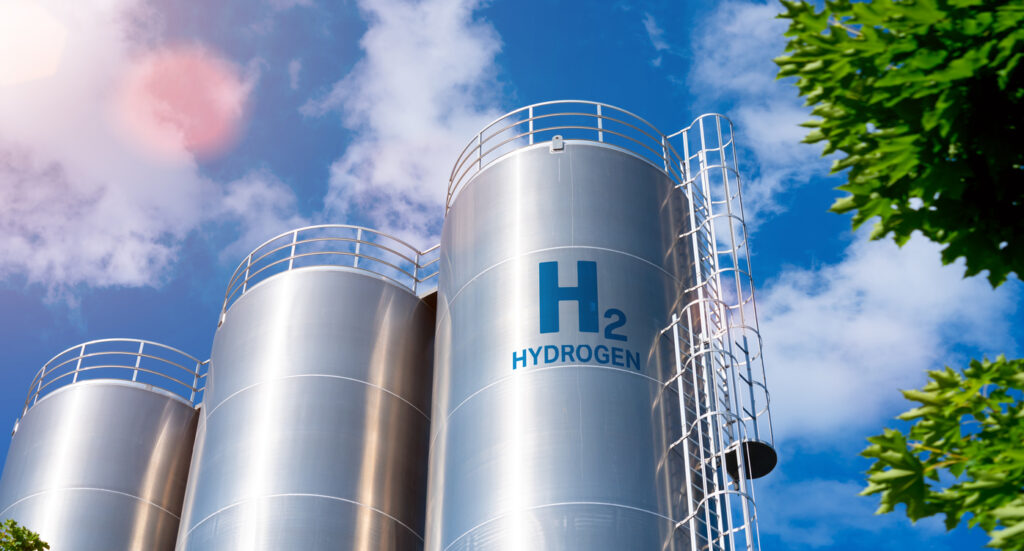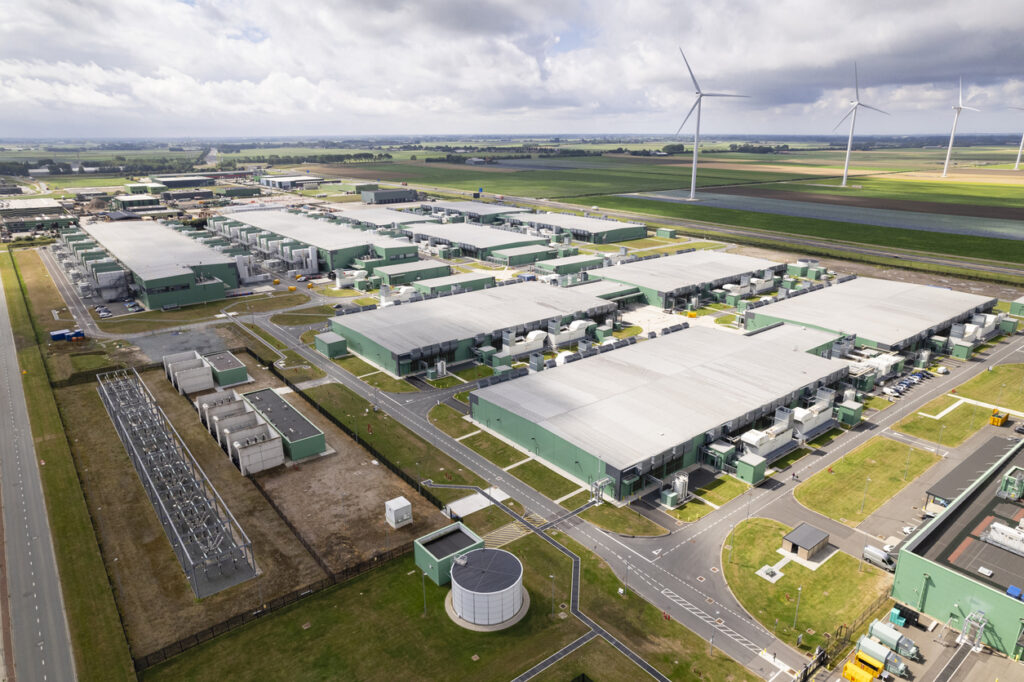As hydrogen regulation gains momentum, certification schemes verifying the electricity source in the production of hydrogen are emerging as useful sustainability credentials. Regulatory frameworks are evolving across the UK and EU with significant implications for producers, investors, and offtakers.
Greece published its first low-carbon hydrogen dedicated legal framework in July (Law 5215/2025), which has partially transposed Directive (EU) 2024/1788. This directive integrates rules relating to the certification of hydrogen derived from the European Commission’s Delegated Regulation (EU) 2023/1184. In order to obtain such certification, various specifics will need to be verified, including a declaration as to the source of the electricity used in the production of hydrogen.
UK certification: a domestic framework with global aspirations
The UK is preparing to launch a voluntary Low Carbon Hydrogen Certification Scheme (LCHCS). This scheme will verify compliance with the new Low Carbon Hydrogen Standard (LCHS), which will shortly be issued by the Department for Energy Security and Net Zero (DESNZ). Hydrogen producers who are seeking government support under schemes, such as the hydrogen production business model and the Net Zero Hydrogen Fund, must comply with the LCHS.
It is expected that certificates will be issued in MWh (higher heating value) and tracked using ‘mass balance’ chain of custody, which is one of the most commonly used models employed to certify materials used in production. According to DESNZ’s update to market report released in July 2025, updates to LCHS and the launch of the certification scheme are still expected in 2025, with future versions potentially addressing transport and storage emissions, international interoperability, and new production pathways.
EU certification: harmonised standards
The EU has adopted a more rigorous and harmonised framework under the Renewable Energy Directive (EU) 2023/2413. The EU has formally recognised three voluntary certification schemes (CertifHY, ISCC, and REDcert) for the purpose of certifying renewable fuel of non-biological origin (RFNBO) hydrogen. In order to qualify as RFNBO, hydrogen must satisfy the following criteria:
- The electricity has to derive from new, unsubsidised renewable sources;
- The hydrogen has to be produced during the same timeframe in which the electricity is generated; and
- The hydrogen production has to occur within the same bidding zone.
DESNZ has recognised that other international schemes have specific certification requirements and mandatory disclosure fields but has not yet commented on how those criteria might be mirrored in LCHCS.
Mutual recognition: a work in progress
DESNZ has recognised that reciprocity and mutual acceptance are essential for enabling cross-border trade in the hydrogen market and has expressed intent to align the LCHCS with international schemes. Indeed, bilateral initiatives such as the UK – Germany Hydrogen Partnership, which was signed in September 2023, indicate a desire for close cooperation with the EU.
Business implications
Hydrogen certification is morphing into a strategic consideration across various stakeholders’ agendas. This is especially the case with power purchase agreements increasingly including stipulations as to the transfer of guarantees of origin. It is hoped that clear and internationally recognised hydrogen certifications could:
- Justify higher prices of low-carbon hydrogen;
- Unlock government funding;
- Facilitate the cross-border trade of hydrogen;
- Enhance transparency;
- Meet procurement requirements, allowing buyers to verify low-carbon hydrogen production; and
- Signify progress towards decarbonisation targets.
How we can help
Navigating hydrogen certification standards across jurisdictions requires careful legal due diligence. As the UK and EU refine their hydrogen certification frameworks, cross-border recognition will become increasingly important, and businesses should continue to monitor developments. Our specialist energy team are in hand to support you and ensure compliance and seize consequential opportunities.







